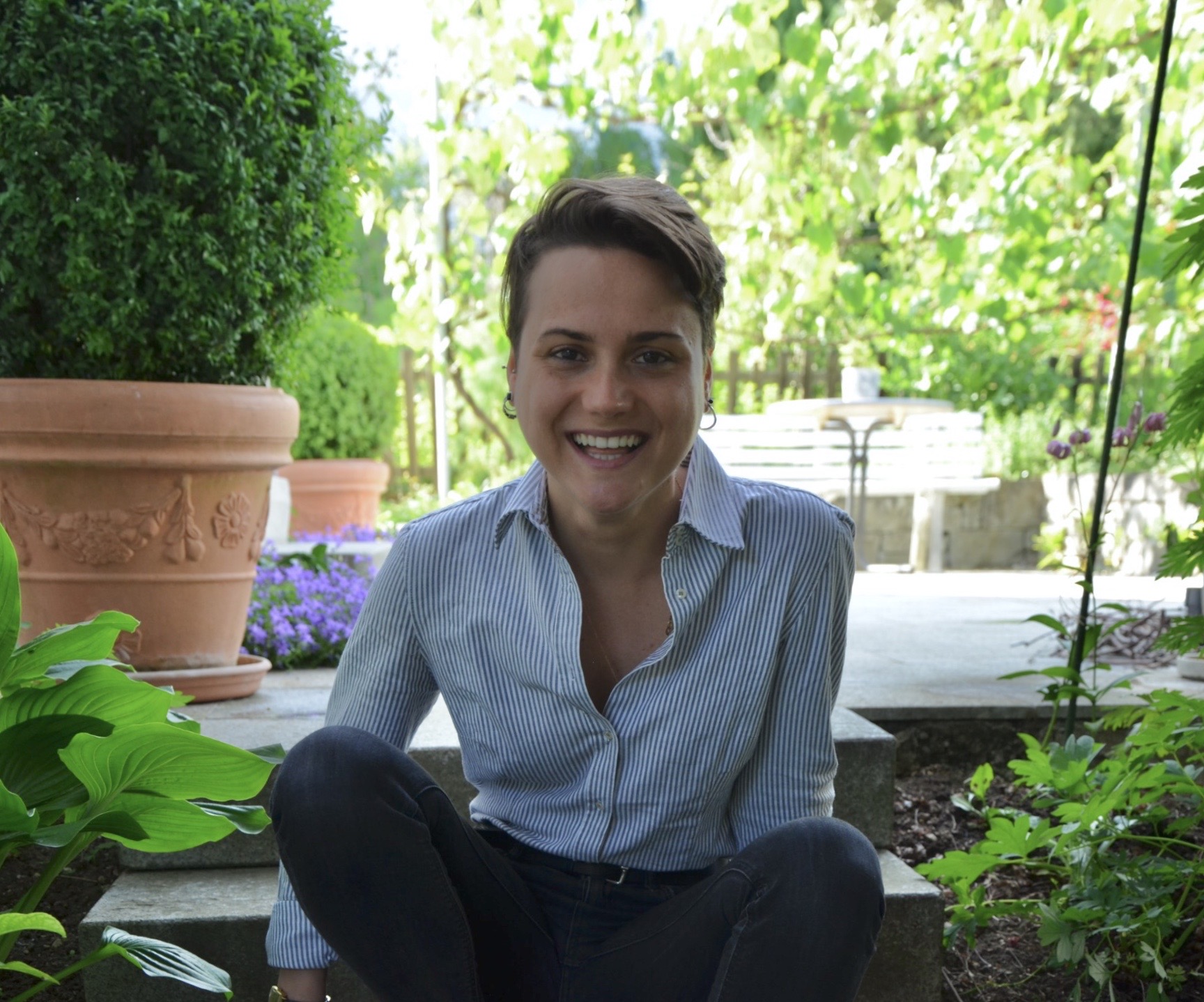 What is your name?
What is your name?
Carolina (Lena) Beppi
Where are you from?
I was born in Livorno, Tuscany, in 1994, from Italian and English parents
To which class you belong to?
MSc Translational Neuroscience, Class of 2018
Where and what did you study before joining Imperial College London?
I obtained a B.Sc. in Psychology, Clinical and Cognitive Neuroscience from Royal Holloway, University of London, in Egham (Surrey)
How did you find your Master experience at the College?
Studying at a top-ranked and most respected academic institution in the world, in the heart of a dynamic and culturally diversified metropolis, is an appealing welcome card. This may induce high expectations, excitement and perhaps fright to an arriving student at Imperial College. The Master course has been a journey of continuous academic and personal growth. Learning from the brightest staff while studying with highly capable coursemates rendered it a challenging, yet stimulating, enriching and pleasant experience
Which research project did you work on?
My research project focused on neuromodulatory approaches in human cognition, and was supervised by Dr Adam Hampshire, Dr Nir Grossman, Dr Stefano Sandrone and Dr Inês R. Violante. We aimed at modulating response-inhibition performance in a ‘stop-signal task’ by manipulating the onset of the task’s visual stimuli relative to the phase of the ongoing EEG oscillatory signal
Where are you now?
I live in Zürich, Switzerland, where I am pursuing a PhD in Neuroscience
What are you working on?
I am working on different projects that involve animal modelling and experimentation, clinical data-analysis, and diagnostic tests and therapies in concussion. My ultimate aim is to understand the relation between cognition and physiology to develop approaches for improving health and well-being
What is the most important lesson you learnt as a Master student?
There may be some challenging moments during the Master. My constant reminder was that no remarkable achievement is obtained without effort, dedication and perseverance
How did the Master programme help you get to where you are now?
The Master programme has prepared me to pursue my doctoral studies, personally and professionally. The cutting-edge biomedical research context and extremely competent staff have stimulated my curiosity, expanding my knowledge, but also trained my critical thinking and technical competences. The social environment has been a unique opportunity to get inspired, to question and to push me, developing determination and resilience